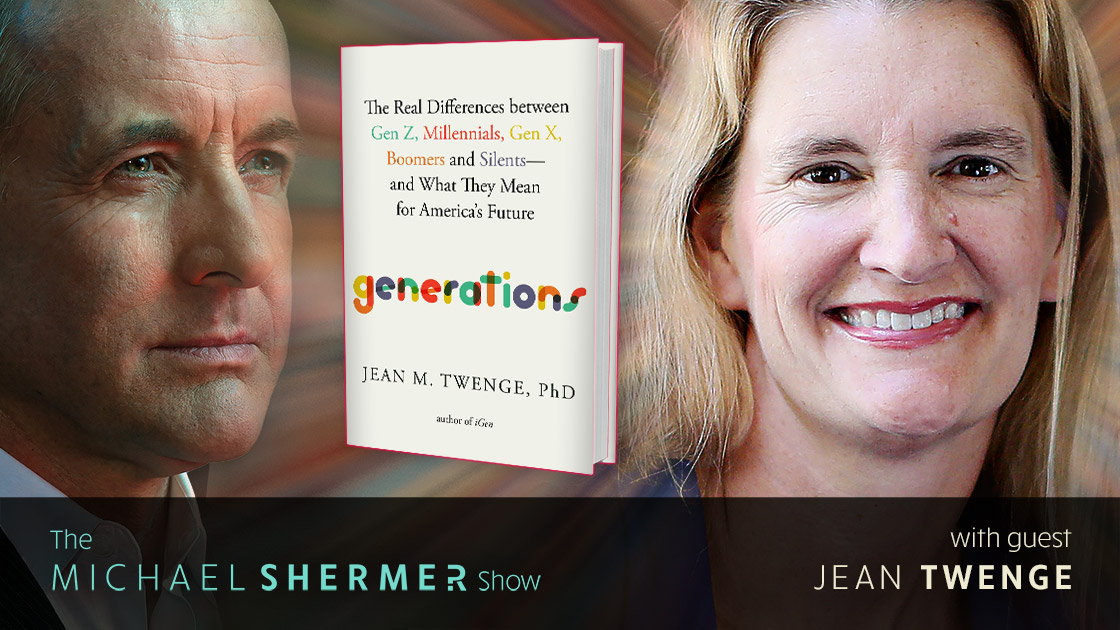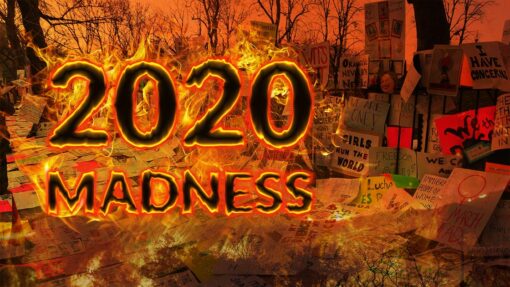
Shermer and Twenge discuss: untangling interacting causal variables (age, gender, race, religion, politics, SES, big events, slow trends, time-period effects, and generational effects) • fuzzy sets/conceptual categories • how historical events effect generations: the Great Depression, WWII, the Cold War and its end, AIDS, 9/11, The Great Recession, Covid-19, #metoo, #BLM, trans, AI • how long-term trends effect generations • technology as a driver of generational differences • civil rights, women’s rights, gay rights, trans rights • abortion and reproductive…
Trans rights are human rights, but rights do not mean that any of us can do anything we like any time. There are restrictions on our actions, and when there are conflicting rights something must give. In this article on trans athletes, Michael Shermer explains why Male-to-Female trans athletes competing in women’s sports is unfair and a threat to the hard-earned rights of women to compete in their own athletic divisions, and why biological males that have gone through puberty…

In this special episode of the Science Salon Podcast, Michael Shermer catches up with Douglas Murray one year after the publication of his bestselling book The Madness of Crowds, now out in paperback, with an Afterword update on all that has happened the past year, one of the most momentous in living memory.
In this special episode of the Science Salon Podcast, Michael Shermer catches up with Douglas Murray one year after the publication of his bestselling book The Madness of Crowds, now out in paperback, with an Afterword update on all that has happened the past year, one of the most momentous in living memory.










